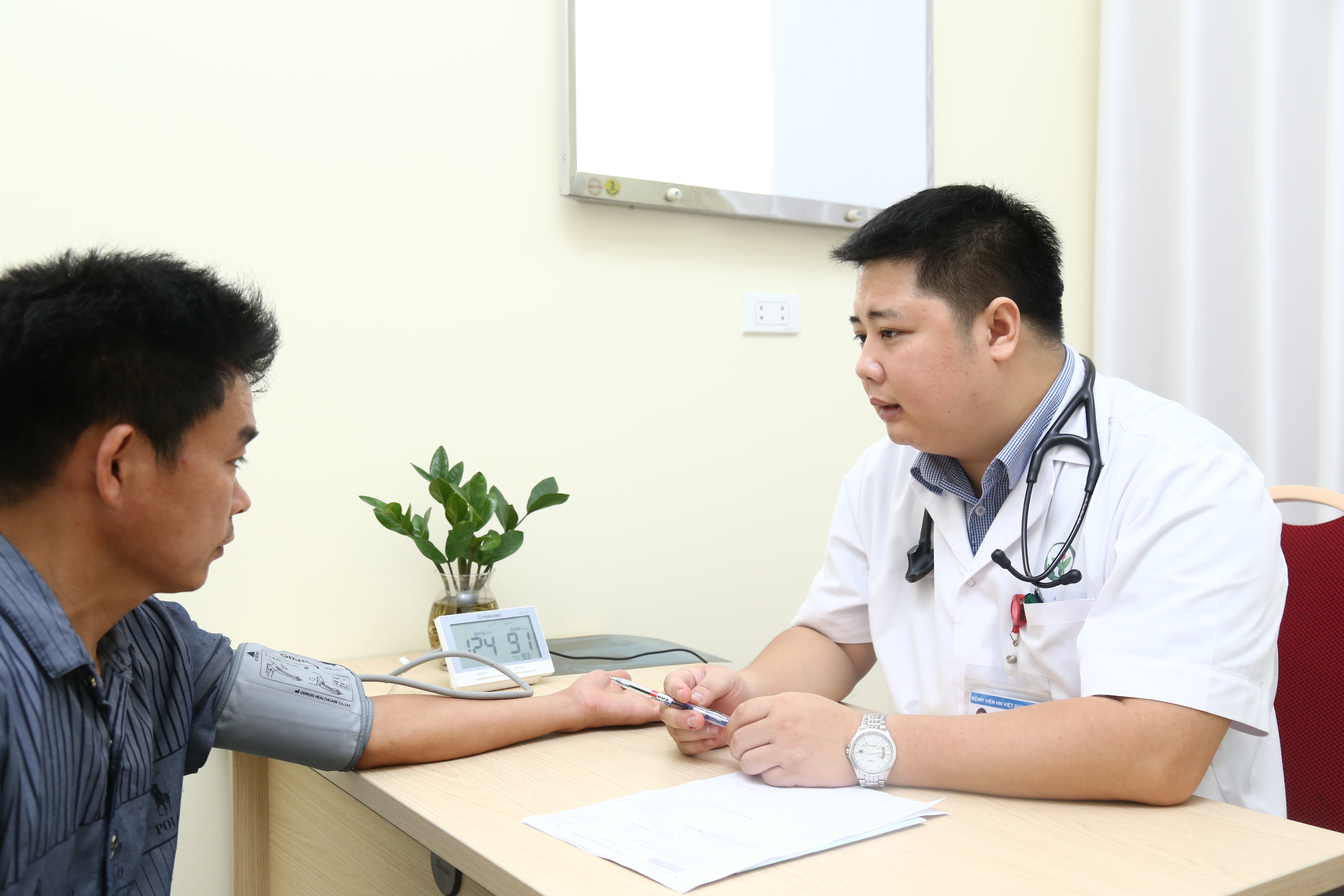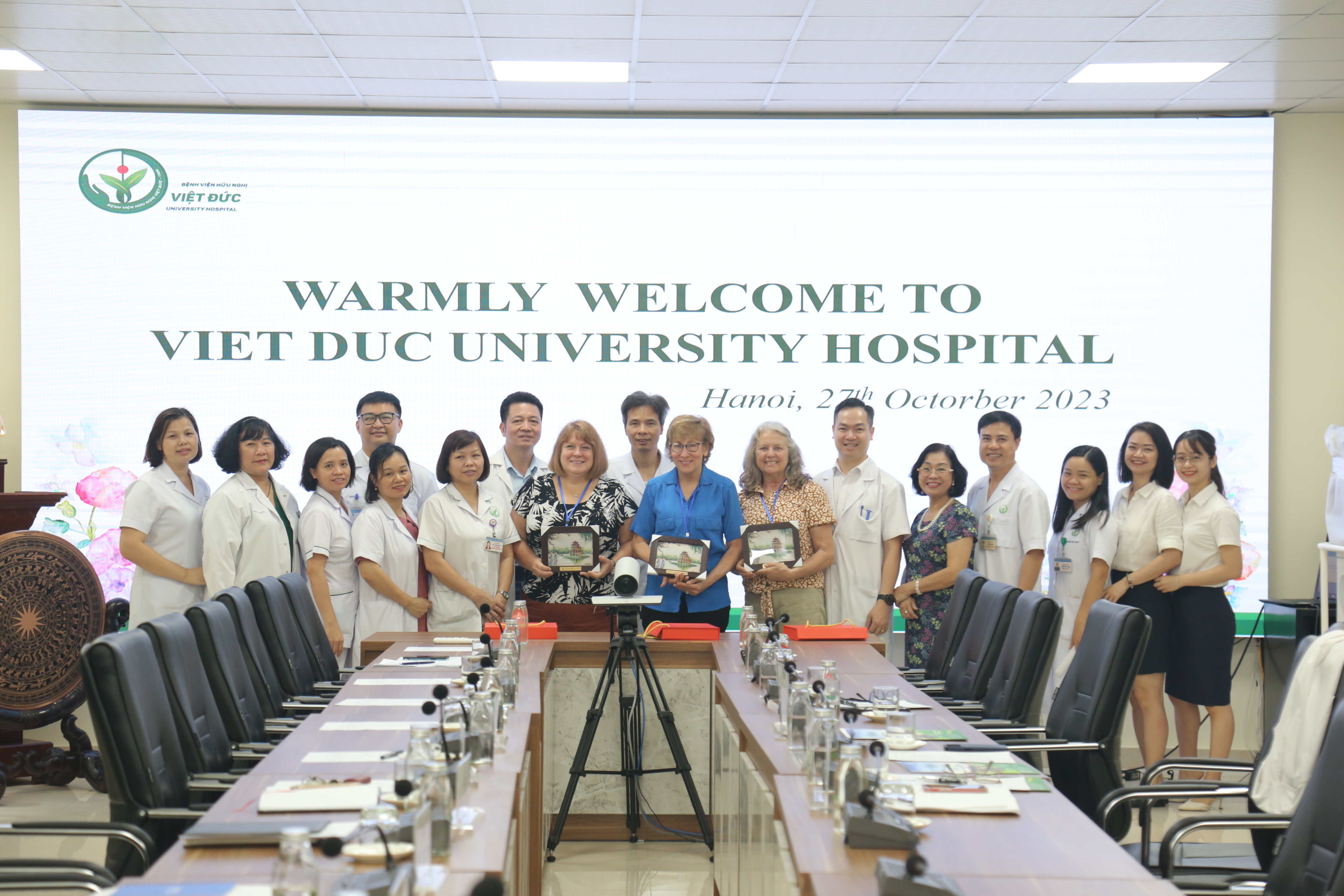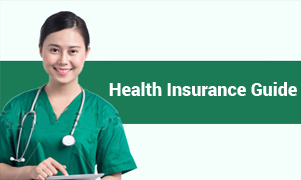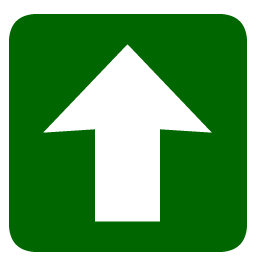Hypertension and unpredictable dangerous complications
22/06/2020 07:17
Hypertension is a very dangerous illness that often show few symptoms, caused many people not able to discover in time but only when they examine for other pathology. However, the complications of hypertension are very dangerous, unpredictable and even fatal.
Dangerous complications
Cardiovascular complications are one of common complications of hypertension.
Long-term hypertension damages the lining of the coronary arteries, making low molecular weight cholesterol (Cholesterol-LDL) molecules easier to travel from the blood vessels of the coronary arteries to coronary arteries and narrow coronary arteries.
When the coronary artery stenosis is too much, patient will feel pain in their chest, tightness during exertion, high exercise, climbing stairs, pain decreases when patient stops exertion.

Dr. Khong Tien Binh – MD, MA examined for patient.
If atherosclerotic plaques are cracked or broken, forming blood clots in the heart of coronary arteries, clogging coronary arteries causing patient to have a heart attack. When having a heart attack, the person will experience intense pain in chest, difficulty breathing, sweating, pain that can spread to neck, left arm and back.
Patients with myocardial infarction due to high blood pressure will have a dead heart muscle, unable to contract, leading to heart failure. Long-term hypertension causes hypertrophy of the heart. Untreated high blood pressure will also lead to heart failure.
Hypertension also causes brain complications such as stroke, cerebral palsy, cerebral palsy.
When high blood pressure leads to a stroke, blood vessels of the brain will not be able to withstand the pressure leading to rupture, patients with cerebral hemorrhage causing hemiplegia or complete paralysis, severe, may die. The symptoms of patient depends on the large or small hemorrhage region, and the location of bleeding area.
High blood pressure narrows blood vessels that feed the brain (similar to coronary artery damage), if atherosclerosis cracks, breaks, forming blood clots, clogging brain blood vessels and causing death in an area of the brain called encephalomalacia.
High blood pressure also leads to kidney complications, such as damage to membranes of kidney cells, proteinuria (normally unavailable), and long-term kidney failure. At the same time, it narrows kidney artery, causing kidneys to secrete more Renin which causes higher blood pressure, if long-term renal artery stenosis will cause kidney failure.
In addition, hypertension will damage retinal blood vessels, thick and hard artery walls that narrow arteries. If there is a process of hardening artery wall, artery will compress the vein and hinder circulation so that patient can damage their eye and progress in stages.
High blood pressure also causes retinal hemorrhage, visual disc swelling that reduces vision, and can even lead to blindness.
More dangerously, hypertension also leads to complications of peripheral vessels, which will make the aorta enlargement and possibly dissect and rupture into the aorta leading to death. Also narrowed pelvic artery, leg artery, femoral artery. When lower extremity artery is much narrowed, patient will have symptoms of walking a distance, leg is in pain, must stop to rest.
People with hypertension who don’t control their blood pressure at night or excessively or skyrocketing at any time (most commonly in the morning) are detrimental factors because they are more susceptible to brain stroke.
People with high blood pressure stroke can die if the emergency is not timely or comatose with plant life, if over will leave serious mental consequences such as hemiplegia, walking, talking difficulty, memory loss, confusion….
People with hypertension who don’t control their blood pressure at night or excessively or skyrocketing at any time (most commonly in the morning) are detrimental factors because they are more susceptible to brain stroke.
Hypertension and diabetes are two separate illnesses but they are quite closely related, often go hand in hand. Having hypertension is very prone to diabetes and vice versa. When you have both, the risk of complications is very high and makes it difficult to treat.
Remember to measure your blood pressure as you remember your age
According to doctors, the vast majority of patients with hypertension often do not have any warning signs before. Many patients feel completely normal, due to accidental physical examinations to know they are ill. Therefore, regular blood pressure testing, especially for people at high risk (such as being elderly, obese, sedentary, having family members who have high blood pressure …) is very necessary and important.
According to Dr. Khong Tien Binh, MD, MA, Chief of Department of Internal medicine, Cardiology – Respiratory Interventions, Viet Duc University Hospital shares: Hypertension is a chronic disease. To prevent long-term complications, patients need to control blood pressure well, by adopting scientific lifestyle and adherence to doctor’s medication.
Specifically, patient must have a reasonable diet such as reducing salt intake (less than 5 grams of salt/day), limiting salt-containing foods such as pickles, instant noodles, sausages, and bacon…. Enhance eating green vegetables, fresh fruits. Ensure enough potassium and trace elements in the daily diet. Limit foods high in saturated fat (butter, animal fat …), egg yolks, red meat. Do not eat animal organs, increase fish consumption.
Maintain ideal weight with body mass index (BMI) from 18.5 to 22.9; try to maintain a waist circumference below 90cm for men and 80cm for women. Positive weight loss (if overweight).
Limit alcohol, beer, and stop smoking cigarettes or pipe tobacco completely.
Increase exercise, walk, bike or moderate exercise for 30-60 minutes a day.
Avoid anxiety, nervous tension, avoid sudden cold. Especially on the advice of a doctor, adults need to regularly check blood pressure to detect hypertension early.
Take the right medicine, enough doses, regularly according to instructions of healthcare staff. Do not arbitrarily stop medicine, change it, increase or decrease the dose.
Measure blood pressure at least once a day and record it in a blood pressure monitoring book to help healthcare workers monitor and evaluate treatment results. Visit the health care provider’s appointment or visit a health facility immediately when there are abnormal signs (headache, dyspnoea, dizziness, nausea, redness …) during treatment.
In order to advise people on how to detect and treat high blood pressure early on, Viet Duc University Hospital will organize a free medical examination and counseling program for hypertension with leading cardiologists.
In particular, people participating in the program will be given an electrocardiogram for free. Free examination program on June 27, 2020 (Saturday) at Clinic room No. 2, 2nd floor, C4 building, Services on Demand area of Viet Duc University Hospital.
For free consultation and treatment, please directly register through hotline 19001902 or click on this link: https://forms.gle/q3doTMoobxaJgGji











